As the travel and tourism industries continue to grow at an exponential rate, we have to be mindful of the impact we are having on the places and people we visit. ‘Responsible’ and ‘Sustainable’ have become buzzwords within the industry – for good reason – but their message is more important than any marketing trend or travel fad. Responsible travel is a relatively simple, yet powerful, concept in which travelers are aware of their potential impact on a destination and they look at ways they can reduce or alleviate any negative impact they may be having by traveling with an awareness of local people and cultures, the environment and animals.
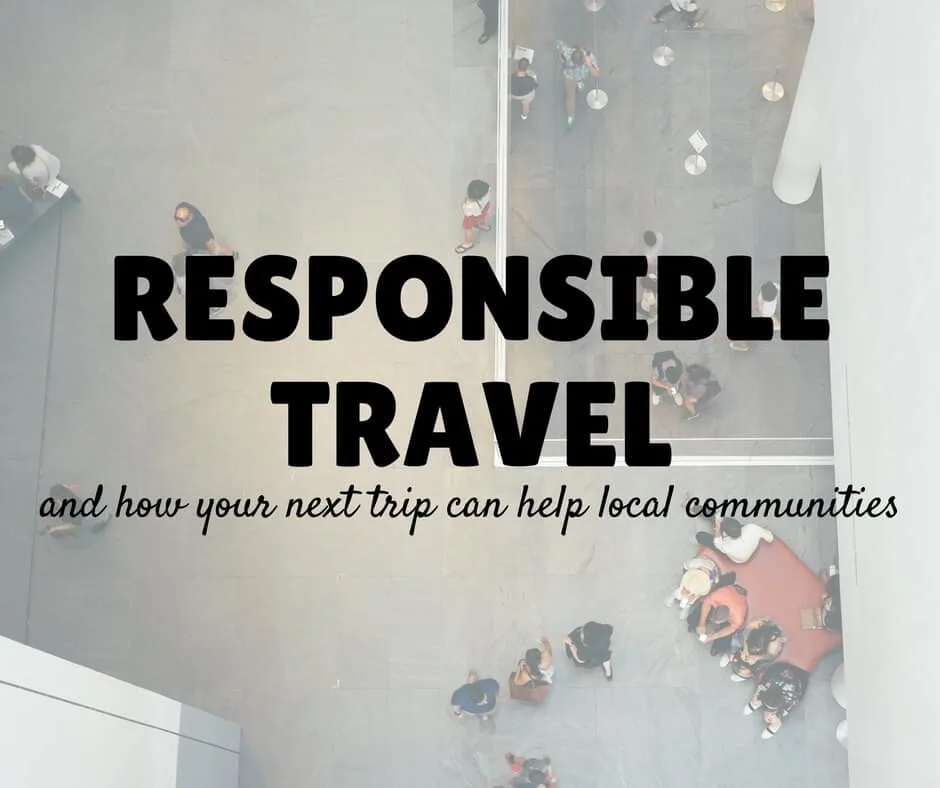
This post has been sponsored by YWCA Hotel Vancouver, however all views are my own. I never promote products or services that I do not believe in myself and couldn’t be happier to be sharing this post with you about social enterprise hotels as a method of responsible travel.
Responsible Travel
– and how staying in social enterprise hotels on your next trip can help local communities
Before I delve into why I think Social Enterprise Hotels are the best thing since sliced bread – and are a perfect accompaniment to responsible travel movement, I thought this would be a great opportunity to discuss what exactly Responsible Travel is, what it means and why we should care. And provide you with a few ideas about the little changes you can make to the way you travel that will have a major impact on the people and places you visit. psst. it’s not as hard as you think!
.
RESPONSIBLE TRAVEL: WHY IS IT IMPORTANT?
Whether you call it responsible, sustainable, eco or ethical travel – the message is the same, and it is becoming more and more important on this overpopulated planet of ours. Here is a very brief overview of 4 of the main focuses of responsible travel along with examples of how we can have a positive effect on each:
1. TO HELP THE LOCAL COMMUNITY – an increase in tourism almost always results in big businesses moving into town, often taking away income from small hotels, cafes and vendors.
HOW WE CAN HELP: as simple as buying your lunch from the hole-in-the-wall, family run restaurant (instead of the big chain eateries), taking tours from local guides or buying your souvenirs from local people/vendors (and not form the stores in the airport departure lounge) Volunteering is also a great way to give back to the community, but please be careful when choosing your program – there are lots of volunteer programs that masquerade as ethical, but are anything but!
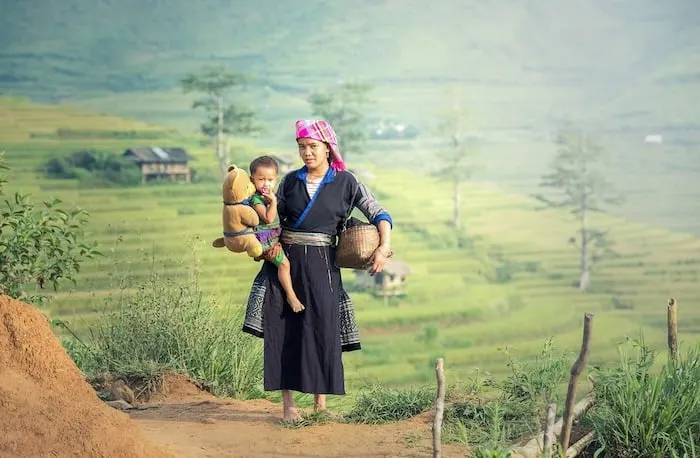
2. TO EMBRACE AND PROTECT TRADITIONAL CULTURE – there is always a risk with mass tourism that the needs of the tourists will overwhelm the very culture they have traveled to see, and traditions become ‘packaged’ for curious tourists for monetary gain.
HOW WE CAN HELP: by educating ourselves about local and indigenous cultures, arts and foods, we can support local artisans, craftsmen and help them keep those practices alive to continue to be passed through the generations. As responsible tourism is becoming more important to the wider community, it should (with a little research) be easy to find ethical and responsible tour operators who support local traditions and whose emphasis is on people, planet and profit. (And not just Profit!)
3. TO PRESERVE THE ENVIRONMENT – the beautiful places we visit will not stay beautiful if we do not take responsibility for our actions.
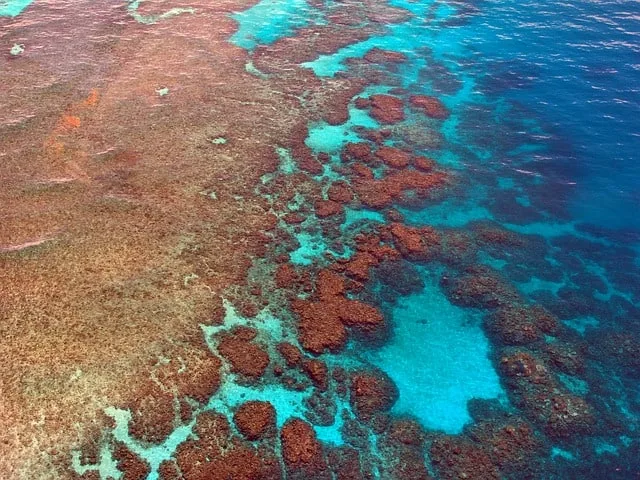
Australia’s Great Barrier Reef is currently under threat from mass tourism
HOW WE CAN HELP: Even the most Eco-conscious traveler is going to generate a carbon footprint when they travel – by plane, train or automobile (the physical interpretation of travel makes this unavoidable!) but we can reduce our impact by purchasing carbon offsets for air travel, walking where possible, carrying re-usable water bottles, and reducing our reliance on plastic products (e.g. re-usable canvas/fabric shopping bags).(And these are just a few examples)
.
4. TO PROTECT ANIMALS FROM ABUSE – the chance to interact with exotic animals has been a draw card throughout the travel industry for decades now. However this is changing. The plight of these wild animals has come under the spotlight in recent years with documentaries like Blackfish (which discussed the unethical treatment of orca whales at Seaworld), the closing down of Thailand’s ‘Tiger Temple’ when after years of speculation the animals were drugged, a raid on the property discovered the bodies of 40 tiger cubs in freezers on the property and 3 monks were linked to wildlife trafficking, and the almost deafening plea of many travellers and tourists alike to stop riding elephants. These are just examples and there are many more ‘wildlife attractions’ where animals continue to be exploited.
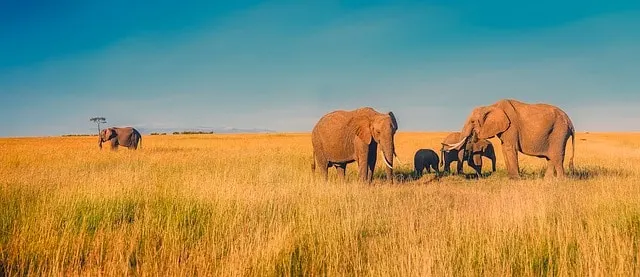
There is nothing better than seeing wild animals in the wild
HOW WE CAN HELP: Research any wildlife attraction/sanctuary thoroughly before attending. If you have any concerns or questions relating to the care of the animals or animal welfare that the operation cannot provide satisfactory answers to, Skip it.
You can also help by educate others about the inhumane conditions and treatment of the animals. The reality is that in most cases these animals are wild, and they need to be drugged or trained to behave in a certain (unnatural) way.
The problem is particularly bad in the developing world, and as long as travelers and tourists continue to pay for these animal interactions – it is not going to stop.
.
What is a Social Enterprise and WHY YOU SHOULD CONSIDER STAYING AT ONE THE NEXT TIME YOU TRAVEL
“A social enterprise is an organization that applies commercial strategies to maximize improvements in human and environmental well-being – this may include maximizing social impact alongside profit.” (thanks Wikipedia)
And so incorporating this within the travel industry sits easily within the first focus of responsible tourism – to help the community. The essence of which, as discussed above, is to shop small, buy local and and do our best to support social enterprises where profits go back to programs and services for the local community. As travelers we should try and do our part by staying in hotels that give back where possible.
.
A Perfect Example of a Social Enterprise Hotel:
YWCA Hotel Vancouver
The YWCA Hotel Vancouver is a hotel with a heart and a mission, so much so that they even won a Trico Charitable Foundation: Social Enterprize Award. All the money from your stay at the hotel goes toward YWCA Metro Vancouver programs and services to help women and children in the community (such as affordable housing, single mother support services and free hot meals in Vancouver’s Downtown Eastside. For full list click full list click here).
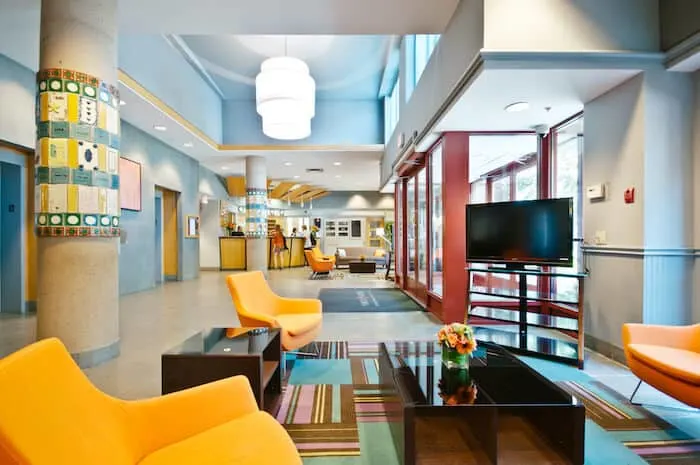
The hotel has 155 non-smoking rooms suitable for single travelers, couples and families and daily rates are as low as $75 Canadian per night (approx. $55 USD at the time of publishing).
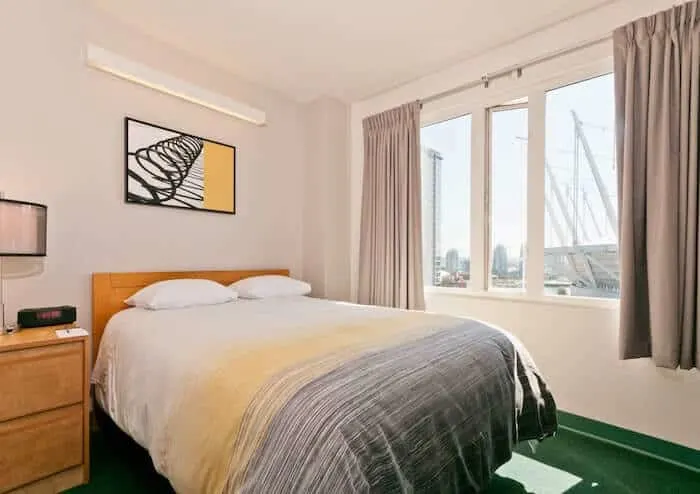
The clean and modern rooms come equipped with TVs, Mini-fridges, Hair-dryers and Free Wifi and the hotel has large kitchens available for guest use. (The inclusion of cooking facilities is perfect for those on a budget, or who like to make their own meals whilst traveling.)
Rated as a 2/3* hotel, they occupy a great downtown location: right next to BC Place; one block from a Skytrain station, QE theatre and the public library. They’re also right next to Robson Street and 5-10 minute walk from Chinatown.
YWCA Hotel Vancouver currently holds the 14th Spot in Trip Advisors Best Bargain Hotels in Canada. And if you are looking for things to do while you are there, take a peek at these Top Things to Do in Vancouver.
RELATED: We’ve put together a HUGE list of socially responsible hotels across the globe – with properties listed in North America, Central America, South America (including an exclusive luxury property in the rain forest in Costa Rica!) plus hotels in Europe, Oceania, Asia and Africa. As the responsible and ethic travel movement becomes more prominent, it is important to know if your tourism dollars are contributing to local communities and our hotel guide is a great place to start!

If you would like to book your stay at the YWCA Hotel Vancouver, you can do so through their website (preferred as it means all your fees can be given back to YWCA Metro) or via booking sites such as HotelsCombined.com (but it’s cheaper to book direct!)
.
If you liked this article/travel guide – or just want to spread the word about responsible and ethical travel – please hit the P in the share bar to the right to pin full size images, or share this post by any other method. It can be your feel good deed for the day!
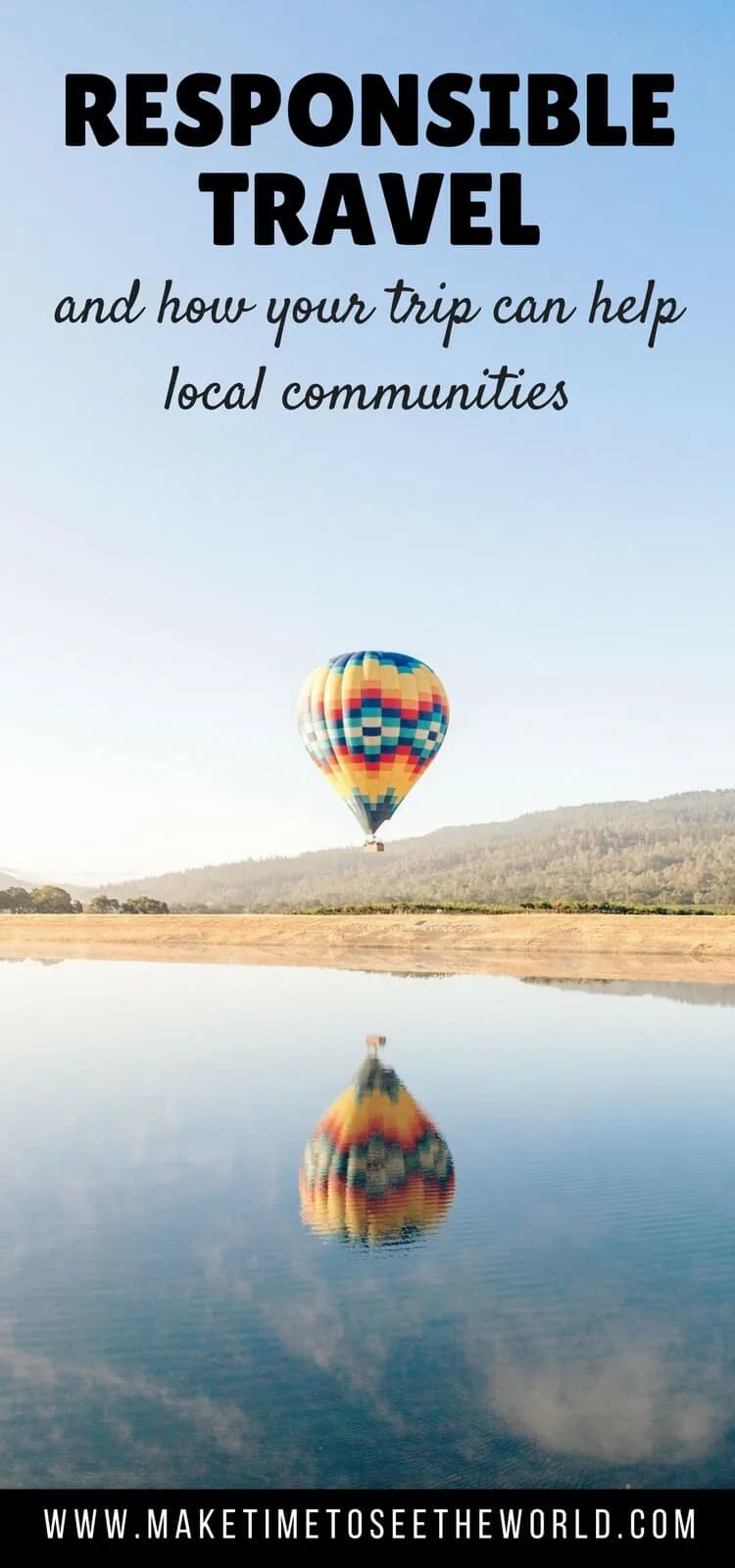
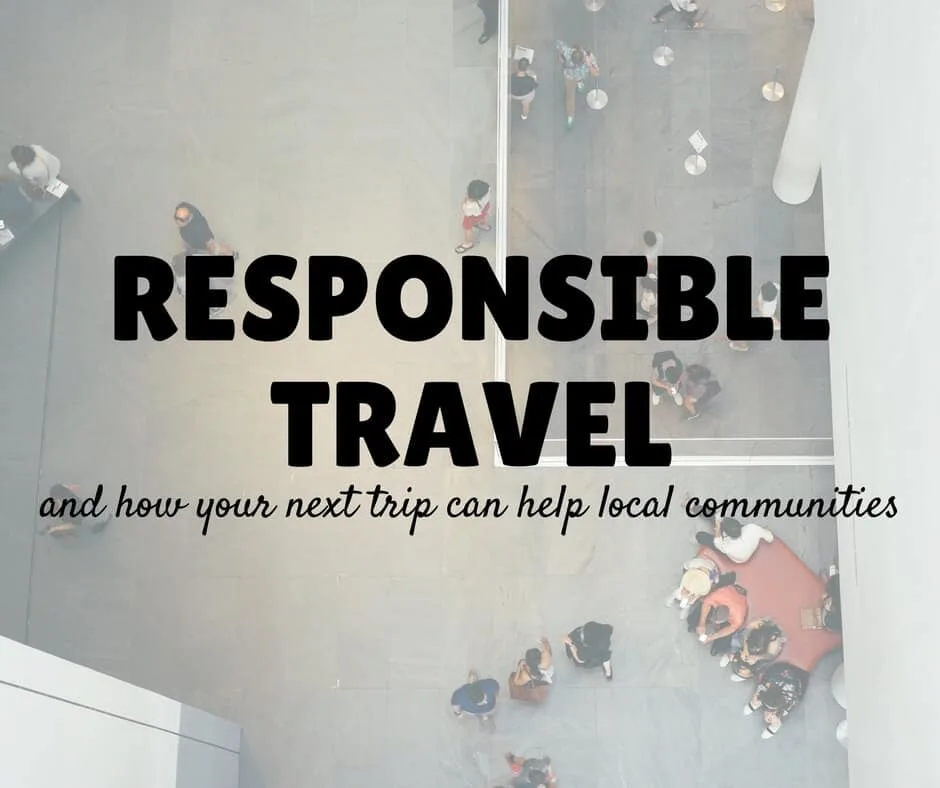

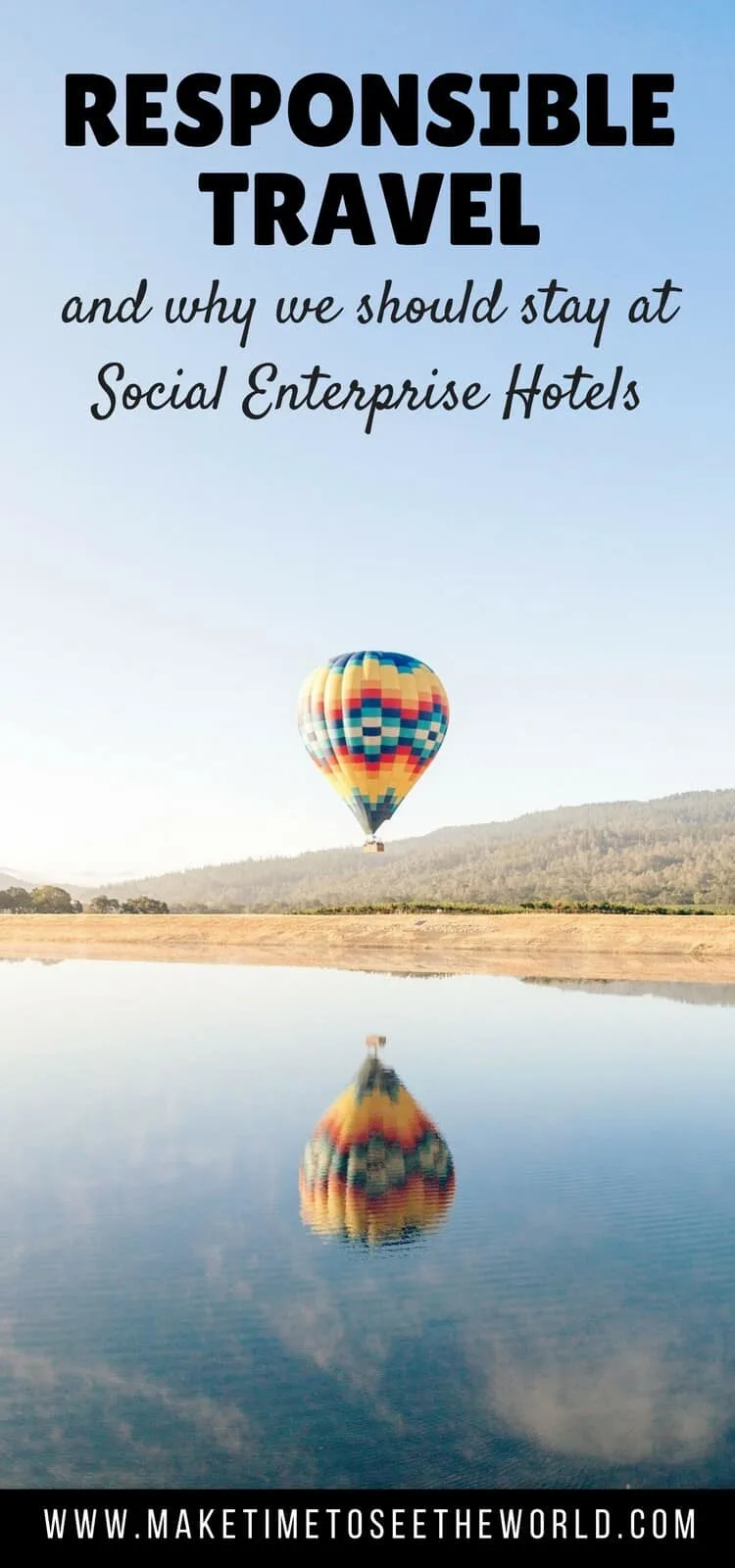
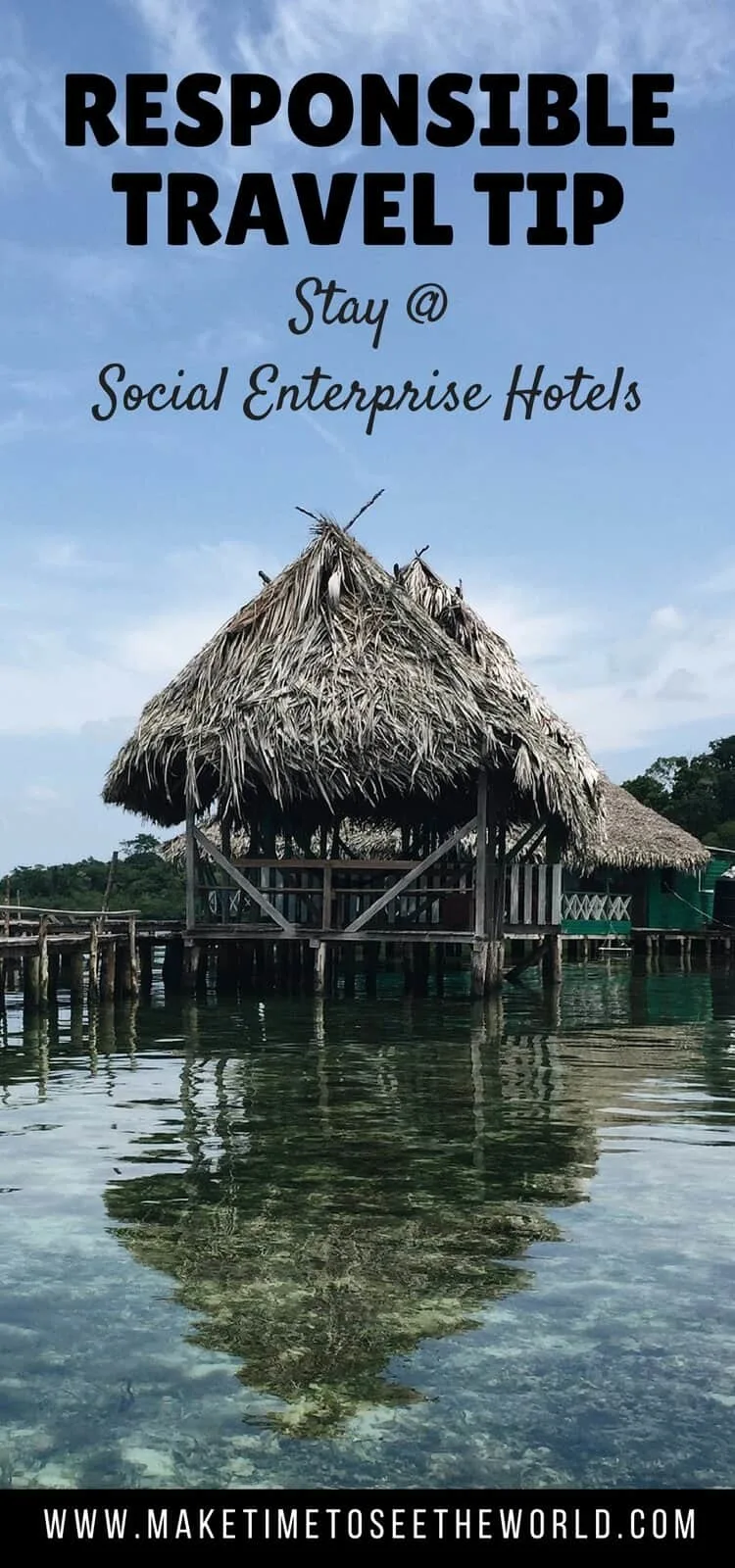
Jess
Sunday 7th of June 2020
Really great article. I think another addition is not sharing photos of locals and especially local children. I doubt they have given permission to be photographed and we wouldn’t do this in first world countries with white people and children.
Alex Martin
Friday 13th of October 2017
What a wonderful article. These are the exact issues that we educate our students on. It's so important to be mindful of how your tourist dollars make an impact on conservation, sustainability, and community development efforts.
Vicki
Friday 13th of October 2017
Thank you! And it's great that you're educating the youth of today about such important topics. It'll be up to them to keep the responsible travel movement going for years to come.
Irina
Sunday 9th of April 2017
Such a thoughtful post! Thanks for all the tips, I've never heard of Social Enterprise Hotels before, will definitely check this out! So far, I've tried donating to environmental projects in order to make up for my carbon footprint from planes and road trips. And I also try to reduce my use of disposable products, I have a tote, a water bottle and I try to remember to ask for a straw. But I'm always looking for more ways to travel responsibly :)
Vicki
Sunday 9th of April 2017
Thanks Irina - it sounds like you're really making an effort to travel responsibly - good for you - and I'm sure the environment thanks you too!
Megan
Wednesday 29th of March 2017
Some really great ways to help local communities when you're on the road. I had no idea some YMCA's had hotels. I'll have to keep an eye out in Vancouver and elsewhere in the future.
Reshma Narasing
Wednesday 29th of March 2017
This is the first time that I read something about a social enterprise hotel. Never knew there existed one! It's a great initiative. Hope we get to see more of them.